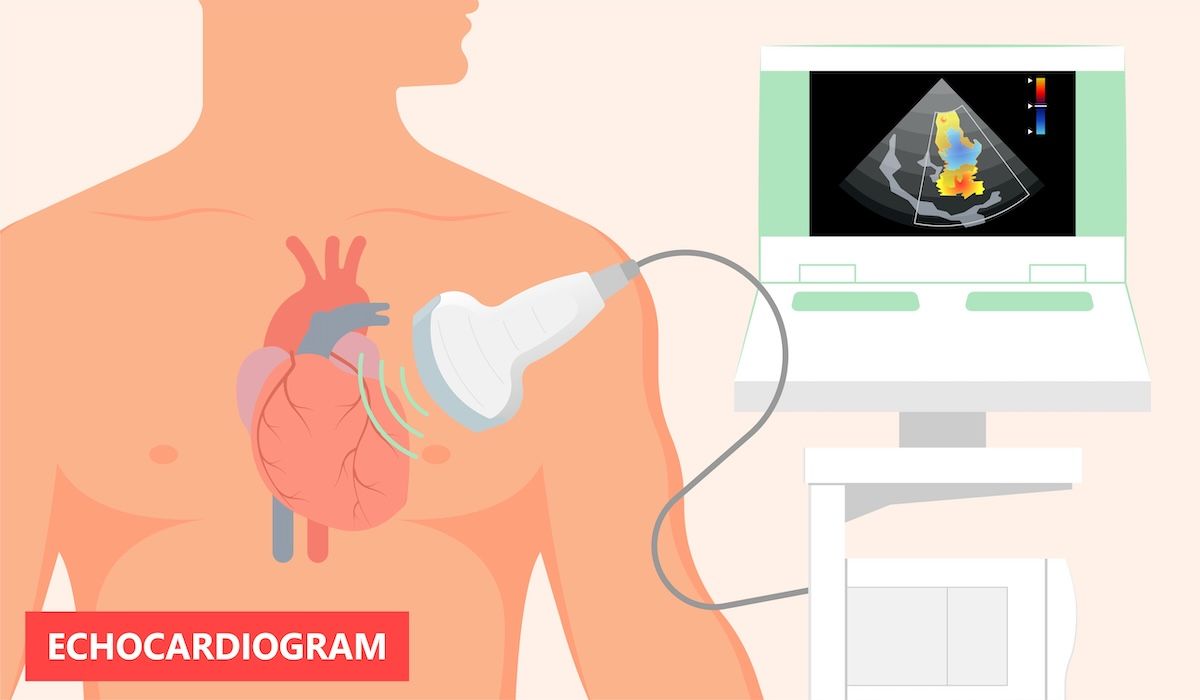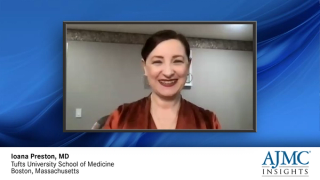
Pulmonary Arterial Hypertension
Latest News
Latest Videos

CME Content
More News
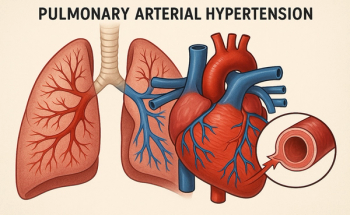
Sotatercept-csrk was first approved in 2024 to treat pulmonary arterial hypertension (PAH) in adults based on results seen in the phase 3 STELLAR trial.

The global burden of pulmonary arterial hypertension (PAH) remains great, with cases jumping 85.6% in 32 years.

Previous knowledge on melatonin use for pulmonary arterial hypertension has primarily been gathered from animal studies, with oxidative stress implicated in the disease’s progression and severity.

This study highlights the vital role of caregivers in supporting women living with pulmonary arterial hypertension (PAH) and underscores the need to enhance caregiver support and address unmet needs to improve patient outcomes.
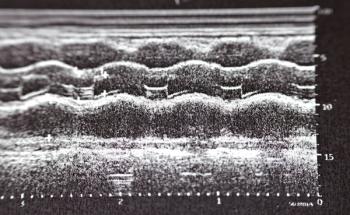
Treprostinil palmitil inhalation powder (TPIP) for pulmonary arterial hypertension (PAH) showed promising results in a midstage clinical trial, significantly improving key measures of heart and lung function.

Research from Anjali Vaidya, MD, FACC, FASE, FACP, Temple University Hospital, reveals critical care gaps for patients with methamphetamine-associated pulmonary arterial hypertension (PAH), emphasizing the need for early diagnosis and integrated support.
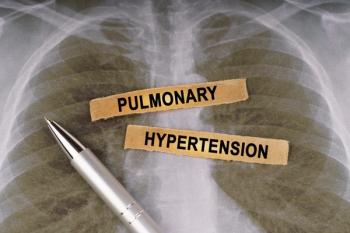
The pulmonary arterial hypertension (PAH) drug preserved its safety profile at 2.5 years of treatment and continued to reduce mortality compared with placebo.

Findings from surveys of women with pulmonary arterial hypertension (PAH) include that 20% of health care providers were viewed as dismissive because of the patient’s sex.

Cardiac output and stroke volume as measured by impedance cardiography may hold potential to predict clinical deterioration from pulmonary arterial hypertension (PAH).

The 18-meter walk test (18MWT) effectively evaluates disease severity and predicts clinical outcomes in pulmonary arterial hypertension (PAH), enhancing traditional assessment methods.

Medicaid beneficiaries face higher rates of pulmonary hypertension, with significant economic burdens and racial disparities in prevalence and costs.

For this analysis, outcomes were compared between individuals who had pulmonary arterial hypertension (PAH) and healthy controls by using Fitbit-derived data over 12 weeks and then at a 1-year follow-up.

The findings from this single-center retrospective study compare outcomes between 2 groups of patients living with connective tissue disease–associated pulmonary arterial hypertension (CTD-PAH) stratified by their Heart Failure Association–preserved ejection fraction (HFA-PEFF) algorithm score.
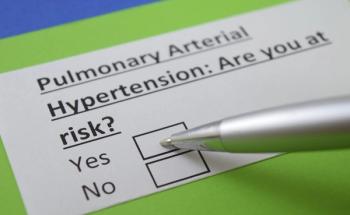
Three decades of data from the Global Burden of Disease Study were analyzed for trends in global, regional, and national burdens in pulmonary arterial hypertension (PAH).

Patients taking sotatercept had a 76% relative risk reduction in morbidity and mortality events compared with patients taking placebo.
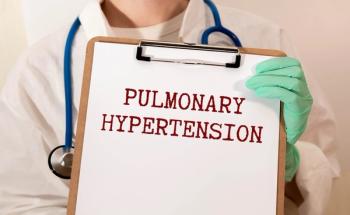
Pulmonary hypertension is a common consequence of interstitial lung disease (PH-ILD), with the highest rate seen among individuals who have idiopathic pulmonary fibrosis. Overall, most cases of PH in the setting of ILD are mild.

New topline data from the Launch-HTN (NCT06153693) and Advance-HTN (NCT06153693) clinical trials show these investigations met their primary end points os statistically significant reductions in systolic blood pressure.

Investigators used 4D flow cardiovascular magnetic resonance imaging to search for differences between pulmonary artery (PA) remodeling in pulmonary arterial hypertension and other types of pulmonary hypertension.

Pulmonary arterial hypertension (PAH) can be a challenging complication to manage during pregnancy; women with PAH who are pregnant are considered a high-risk population, and they face higher rates of maternal and fetal complications.

Historical data show the prevalence of pulmonary arterial hypertension (PAH) in adult patients with congenital heart disease ranges from 4% to 28%, according to studies from the US and Europe—and that the prevalence of these comorbid condition is on the rise.

A Mendelian analysis supports the idea that hyperuricemia may be an important risk factor for pulmonary arterial hypertension (PAH).

Patients and physicians agree about which symptoms have the biggest impact on patients’ quality of life.
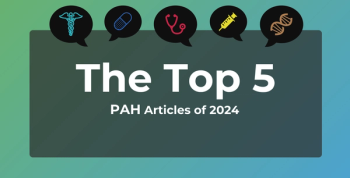
The top articles about pulmonary arterial hypertension (PAH) in 2024 included FDA approvals, the effect of salt substitutes on hypertension, and how diagnosis time affects outcomes.
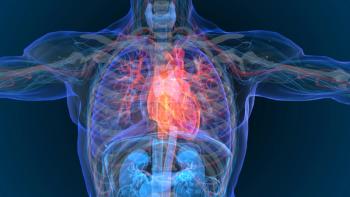
Based on their findings, the researchers suggest the integration of automated measures to identify interventricular septal (IVS) flattening in these patients.

A systematic review of quality-of-life tools available specifically for pulmonary arterial hypertension (PAH) reveals that although several instruments demonstrate strong psychometric properties and reliability, significant gaps remain in these tools' validation and methodological rigor.

